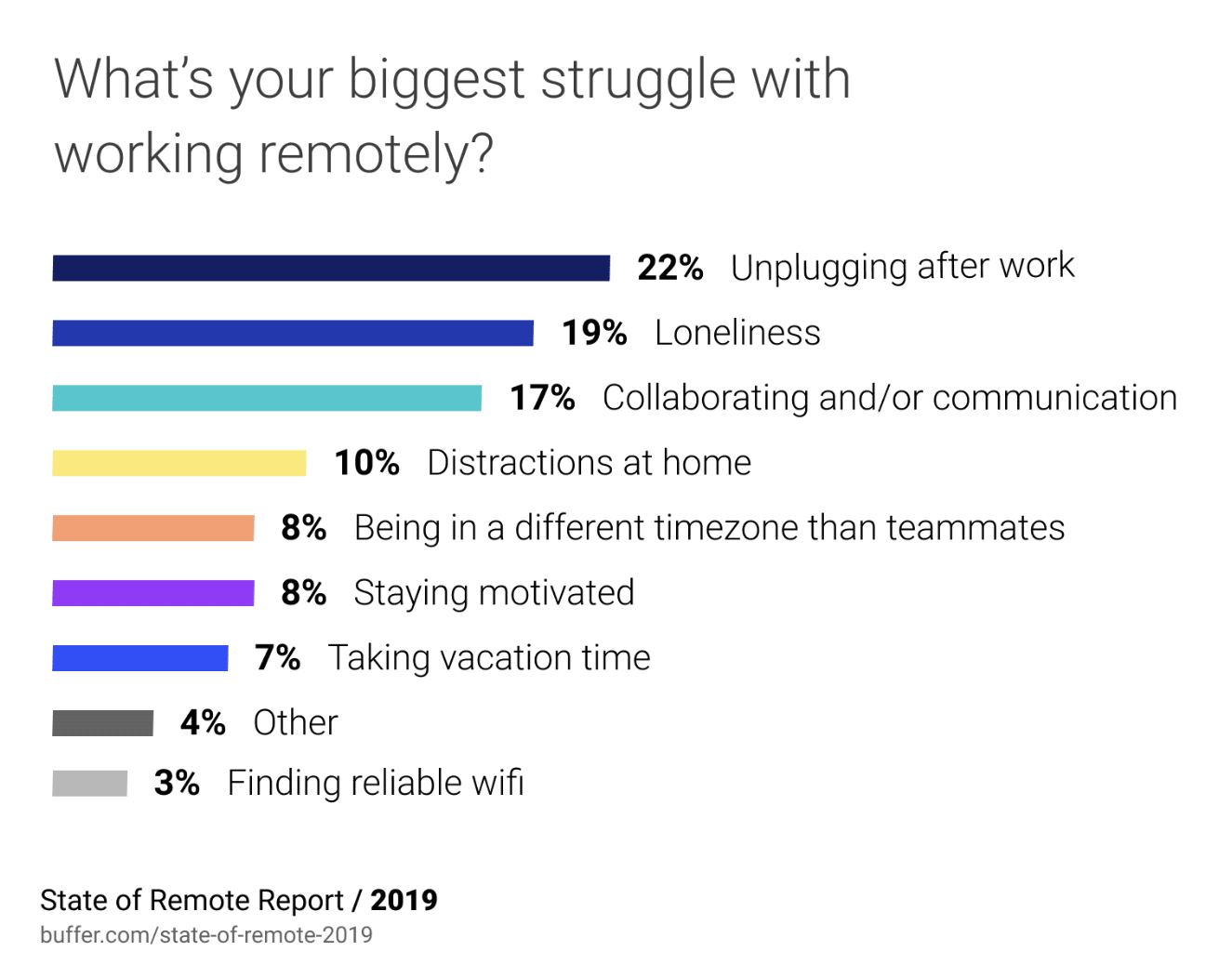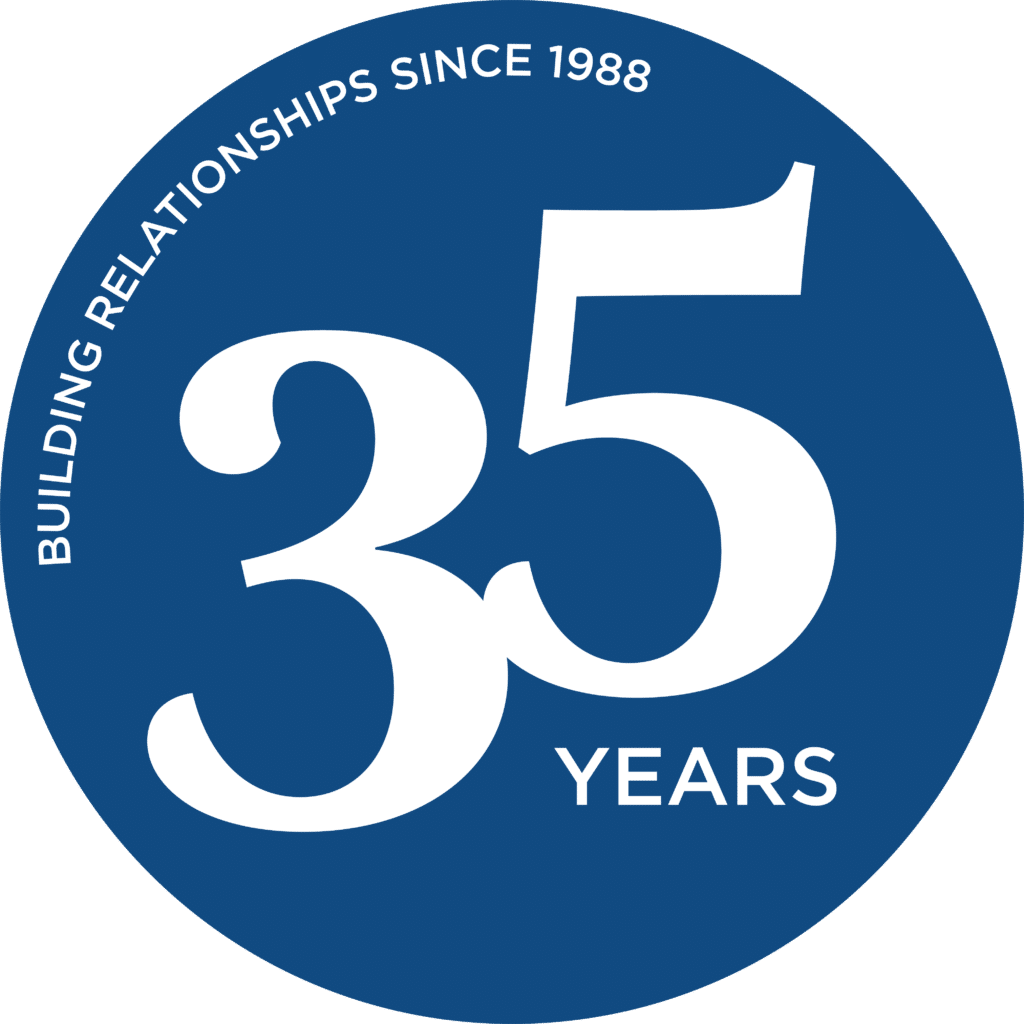The COVID-19 pandemic has forced organizations across the country to quickly shift to remote work—with many employers and employees suddenly having to learn how to operate remotely for the first time. On March 24, 2020, CCI Consulting and Career Partners International invited clients to participate in a webinar called “The Essentials for Leading a Newly Remote Team.” The webinar was designed to help leaders support their newly remote workforce through this sudden transition presented by COVID-19.
During the webinar, we walked through best practices for maintaining communication, productivity and engagement among remote employees. We discussed the biggest challenges facing a remote workforce and the concerns of managers around remote working and how to resolve them.
We also covered tools and tactics for creating team cohesion, providing the necessary technology support, and developing remote work policies. Finally, we addressed the importance of building psychological closeness, embracing flexibility, and learning along the way.
Below are some of the highlights to help you and your teams quickly and effectively adjust to remote work without impacting productivity or engagement.
The Biggest Challenges Facing Remote Workers:

These findings contradict the common assumptions that remote workers spend less time working and are less productive. In fact, when looking at the results of the study, less than 23 percent of remote workers found any of the nine issues addressed in the survey to be a struggle.
To add to this, numerous studies show remote workers are more productive and profitable than in-house employees. So, leaders, don’t worry – your newly remote workforce can succeed…and may perform at levels that surprise you.
Embracing remote work and trusting employees are two of the most impactful things you can do as a leader to support your employees during this complex period of transition.
7 Best Practices for Leading a Newly Remote Team During COVID-19
1. Hold Weekly Online Staff Meetings (and Require Cameras!)
The pivot to remote working requires a new commitment to communication. When employees are working in the office together, communication happens more organically and it’s easy for everyone to get a sense of what’s going on when catching up with coworkers at the water cooler. In a remote setting, keeping employees updated on the company’s direction and current challenges takes deliberate effort and repetition. Having a scheduled conference call every week ensures everyone stays informed and feels connected. Encouraging everyone to use their cameras also helps foster connection. In this time of uncertainty and isolation, many employees are feeling anxious and alone; having everyone turn their cameras on provides much-needed face-to face time and social interaction.
Another tip to help foster connection and engagement is to make these weekly meetings their meeting, not yours. Ask team members to send in topics they’d like to cover; ask what frustrations they’re having or what they’re enjoying.
2. Schedule Weekly Virtual One-on-Ones
As mentioned above, open and frequent communication is key for setting expectations and managing performance in a remote workforce. While weekly “all-hands” meetings help keep everyone informed about the company, weekly one-on-ones give employees the chance to address any issues or concerns they may have that they did not feel comfortable addressing with the group. It’s also a great way for managers to check in with team members and ensure goals and expectations are aligned.
Emotions are high right now, and it is going to take employees some time to adjust to this change. For some, they are not only adjusting to working remotely but also adjusting to having their spouse and children at home. Keeping in touch regularly with team members let’s your employees know you are thinking about them and available.
3. Make Use of Your Collaboration App
Platforms such as Slack, Microsoft Teams, and Zoom are a great way for employees and teams to stay connected and collaborate. Unlike email, which can become cumbersome to manage with too many forwards, reply-to-all’s, and lost attachments, collaboration apps keep communication visible in real-time and for everyone to see.
4. Hold Virtual Social Gatherings
In a remote setting, the normal social interactions in the coffee room or over lunch are removed, which can bring on feelings of isolation. Hosting virtual social hours allows employees to catch up and provides another opportunity for face-to-face interaction, which can go a long way in helping remote workers feel connected and part of a team. Let your employees decide when your company’s virtual social hour will be held and if there will be a theme.
5. Co-Create Your Team’s Rules of Engagement
In order to keep operations running smoothly, it’s important that everyone is on the same page. Take the time to connect with your employees to set guidelines. For instance, will email be used for all external communications but collaboration apps should be used for internal communication? How quickly should team members respond to emails? Will team members be expected to respond to messages on the weekend? Creating these rules with your team instead of for your team will result in better implementation and adherence.
6. Provide Needed Equipment
In order for your remote team to be successful, they need to have the appropriate technology to do their job. While some organizations were lucky to have their teams outfitted with laptops prior to the COVID-19 outbreak, many organizations did not. Allow your employees to take their desktop computers home or ship laptops to employees who need them. Communicate with each team member to learn the resources they have at home and what additional resources you can provide so that they can carry out their job. For instance, if an employee does not have a printer at home, see if you can have one shipped to them. If they are using their home computer but do not have certain software installed, connect them with your technology team to get them up and running.
7. Recognize That This Is Not the Normalcy for Remote Work
We are in an unprecedented time of rapid change and uncertainty. Kids are home from school, stores are closed, employees are juggling multiple challenges and responsibilities, and corporations had minimal time to prepare. Keep an eye on what worked well and what teams were able to excel in this environment. While COVID-19 won’t be an issue forever, remote work will be and may become a more regular part of your company’s operation as employees begin to seek more flexibility. What you learn about leading a remote workforce now will likely become best practice for your company in the future.
Work-from-home is our near-term reality. As leaders, it is incumbent upon us to make the best of the situation and work together to stay on top of the challenges. CCI Consulting is a ready resource to help you manage your remote workforce through this difficult period. Together we can find ways to make the most of your team’s virtual work experience, navigate challenges, and keep your business moving forward. We are just an email away and happy to be a sounding board or offer any support we can. Send us an email at [email protected].
To view the full recording of the webinar, click here.



